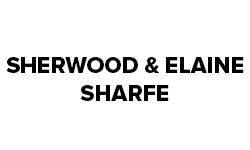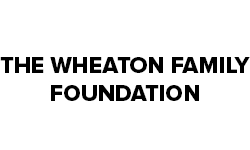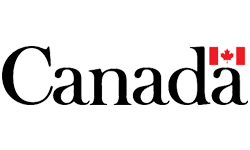CITIZENSHIP STUDIES 10-LEVEL: ENGAGED CITIZENS
Part A
Broad Area of Citizenship: History/Native Studies/Social Studies
High school students analyze and explore the concept of Ideology:
- by investigating a range of ideologies and their application and impact on citizenship at the national level (10);
- by evaluating the impacts of ideology, historically and contemporary, at international levels (20), and,
- by examining, analyzing and de-constructing the concept of ideology as a tool for understanding how it impacts Canadian (30):
- beliefs and actions, nationally and globally; and,
- participation as a citizen from a national and global perspective.
Overview and Desired Results of Citizenship Study
10
- Social Studies students will consider how ideology influenced the nature of our institutions for political and economic decision-making.
- History students will consider how historical events of the 18th, 19th, and early 20th centuries influenced worldviews and how worldviews influenced historical events.
- Native Studies students will consider how Indigenous worldviews influence ideology.
Enduring Understandings of Citizenship Study
- Injustices of today have roots in the past.
- Canadian society is challenged to manage the co-existence of diverse worldviews.
- Canadian citizens work to achieve a balance between rights and responsibilities through learning and action.
- Canadian society has inequities and elimination of these is beneficial for all Canadians.
- For each individual, becoming aware of racism and other social oppression in Canadian society is an evolutionary process and a precursor to change.
- As citizens of local, national, and global communities, Canadians are conscious, self-reflective, and critical of their own beliefs and actions and seek to make positive change.
- Citizens show flexibility of mind.
- Enduring understandings and questions stimulate thinking, guide the inquiry and are linked to outcomes.
- These questions point to the “big ideas’ in the area of inquiry and should be considered and reconsidered as the inquiry progresses.
- Deliberation of these understandings forms the evidence of learning at the end of study.
Knowledge and Skill Development
- The definition of ideology and its role in society.
- Characteristics and assumptions of ideologies along the ideological spectrum.
- Historical and contemporary ideological issues.
- The relationship between worldview and ideologies.
- The rights and responsibilities of individuals.
Students will be able to:
- Make inferences about ideologies based on responses to a variety of issues.
- Identify ideological assumptions.
- Examine multiple perspectives.
Essential Questions
- In what ways is ideology useful in guiding human beliefs and behaviours?
- What are the limitations of ideology in guiding beliefs and behaviours?
- How does ideology influence our view of social justice?
- How does a society balance opposing constructs i.e. freedom and order, individual rights and collective rights, hierarchy and equality; and, what factors influence the quest for finding this balance?
- Has Canadian society been organized to reflect our national values and beliefs?
Saskatchewan Curriculum Concept Connections
This section connects teachers and students to the concepts explored through Social Sciences Studies: Social Studies, History, and Native Studies. General outcomes connected to objectives are identified. It is the opinion of the development committee that the outcomes incorporate the three perspectives of Social Sciences through exploration of historical and contemporary issues, which in Canada’s case must include Indigenous perspectives. Teachers may choose, however, to explore these citizenship considerations specifically through the lens of their respective social science area.
Students will:
- Investigate various worldviews and the impact they have on individuals’ and societies’ beliefs and institutions;
- Investigate how societies deal with conflicting perspectives or ideologies about the best way to organize and direct society;
- Examine and evaluate the political processes within society that are necessary to resolve differences over the basis (ideology) on which decisions are made for society;
- Assess the outcomes when competing groups, each with a power base and each desiring decisions, try to satisfy their wants and needs;
- Understand that Canada’s worldview includes First Nations, Métis, and Inuit perspective;
- Identify issues that affect the identity of Indigenous people including:
- stereotyping and misinformation about historical and contemporary Indigenous societies;
- recognition of bias, and strategies to positively address biases, stereotypes, prejudice and racism;
- identification and appreciation of Indigenous worldview; and,
- Investigate the constructs of privilege and marginalization and examine the impacts these concepts have on history and society.
© 2024 Concentus Citizenship Education Foundation Inc. All Rights Reserved.









